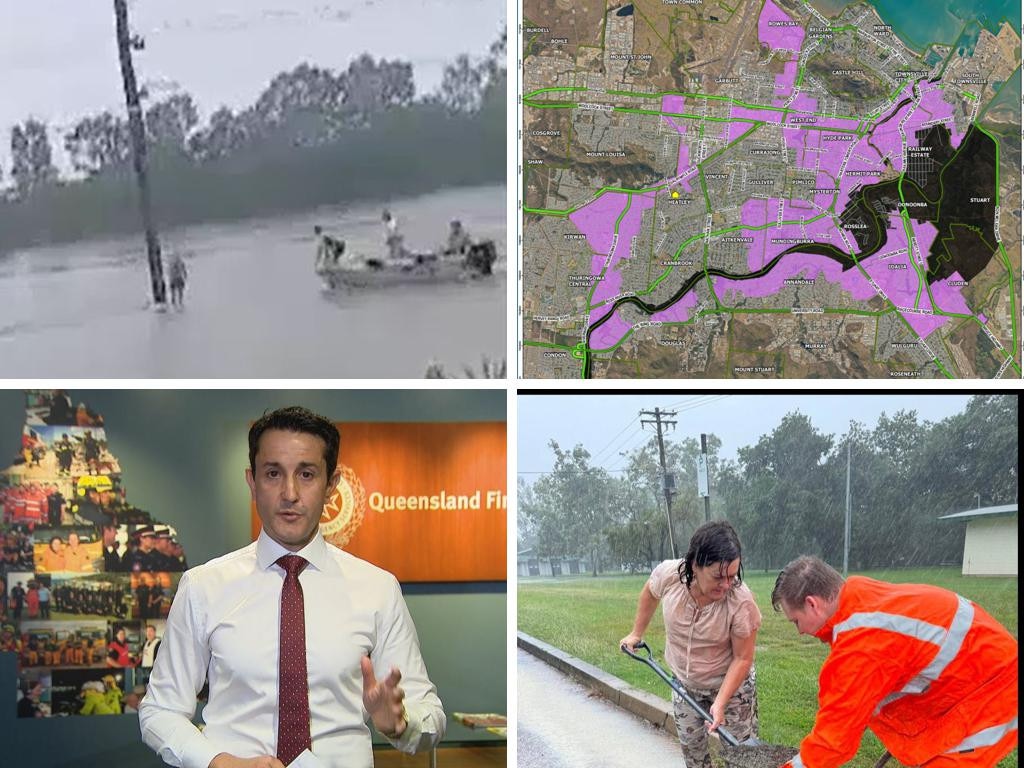Global plastic waste crisis ‘intensifying’
Despite bans on single-use plastics, we’re producing more of them than ever, and the situation is only getting worse, an alarming new report has revealed.

Environment
Don't miss out on the headlines from Environment. Followed categories will be added to My News.
The world is producing more single-use plastics than ever, and the resulting global waste crisis is projected to get “significantly worse” in the next few years, a damning new report has revealed.
The Plastic Waste Makers Index from Andrew ‘Twiggy’ Forrest’s Minderoo Foundation reveals 139 million tons of single-use plastic was generated worldwide in 2021, up from 133 million tons in 2019.
Just 2 per cent of these items are currently being made from recycled polymers.
‘Peak plastic’ is “still a distant milestone,” the report warned.
“Make no mistake, the plastic waste crisis is intensifying and is going to get significantly
worse before we see an absolute year-on-year decline in virgin single-use plastic consumption,” researchers stated.
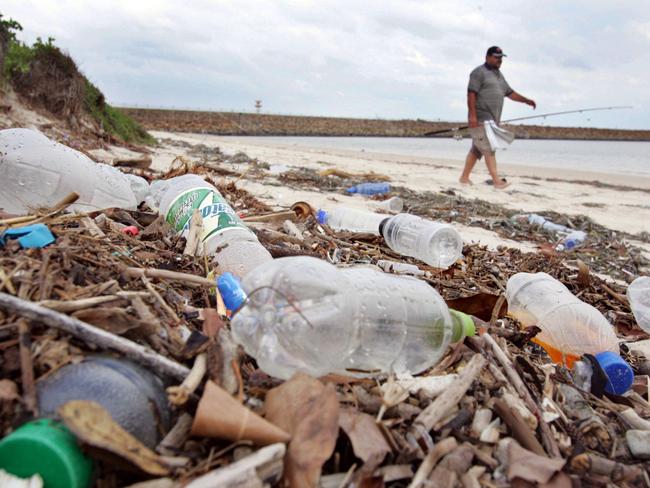
Mr Forrest slammed the industry, saying they weren’t tackling the problem, but instead “making even more of a product that threatens our people and planet”.
“If you’re investing in polymer producers right now when there isn’t a polymer premium in place, then your hands are covered in the blood of the destruction of nature,” he said.
A “polymer premium” on plastics made from fossil fuels would encourage re-use and recycling, Mr Forrest said.
The report’s lead author, Dominic Charles, said the industry was continuing a “business as usual” approach and “nobody has a grip on this problem”.
“For all the talk, all the alliances, all the commitments that have been made, the situation is getting worse,” he said.
Negotiations on a Global Plastics Treaty will continue at a meeting in Paris in May, but no agreement is expected to be finalised until 2024.
“We have to push really, really hard to ensure this global instrument that is being negotiated has teeth,” Mr Charles said.
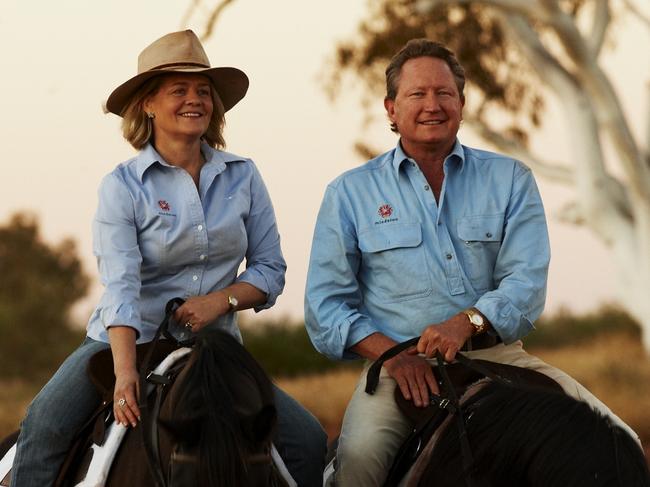
While the Index focused on companies rather than countries, the 2019 version found Australia was second only to Singapore globally in terms of per capita consumption of single-use plastic.
But according to a global survey conducted by Ipsos for WWF late last year, Australians have a globally high level of support for the regulation of the plastics industry.
Eight in 10 Aussies said they wanted manufacturers and retailers to be responsible for reducing, reusing and recycling their plastic packaging.
While many jurisdictions have implemented bans on single-use plastic items, Mr Charles said more needed to be done, including setting global standards for the use of recycled materials in plastic products.
“We need to change the economics between fossil fuel plastic production and recycling,” he said. “At the moment it’s just cheaper to produce new plastic from fossil fuels than it is to collect, clean and recycle the waste.”
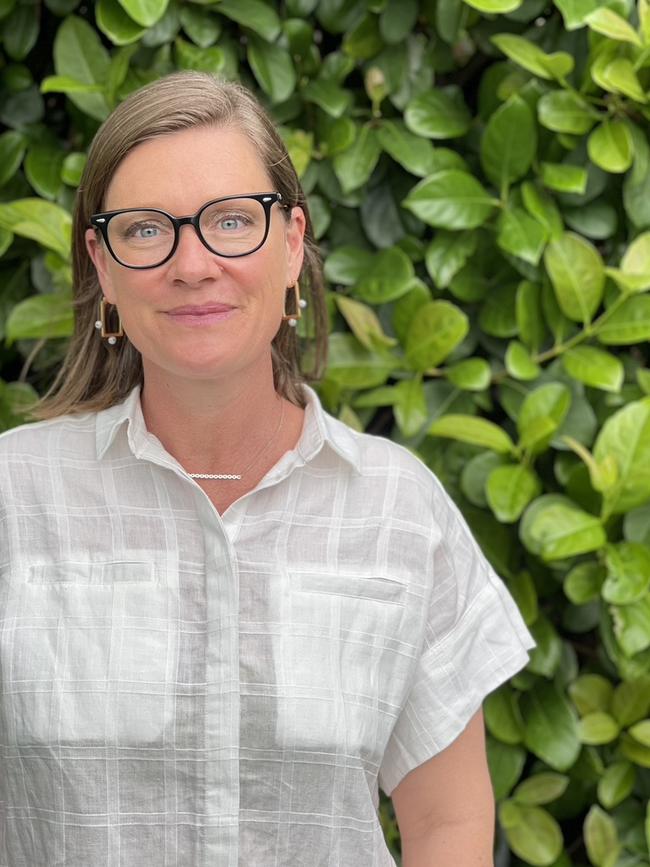
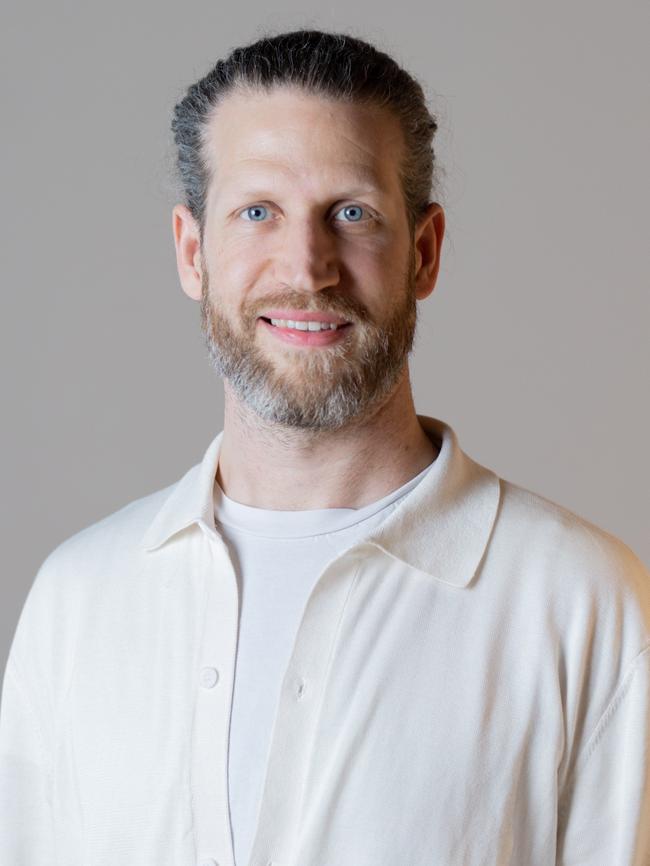
WWF plastics campaigner Kate Noble said public concern in Australia had been driving many of the plastic bans to date, but they had been enacted largely by state and territory governments.
“What we now have is quite a few different rules in each state and territory which makes it quite challenging for businesses,” she said. “We’d like to see a consistent national approach that phases out the same products right across the country, and sets the bar at the highest level.”
Plastics recycling in Australia was dealt a massive blow in 2022 with the collapse of the soft plastics program run through Coles and Woolworths by REDcycle. On Friday, the supermarkets were ordered to send 5200 tonnes of stockpiled soft plastics to landfill.
Ms Noble said the collapse of the program had had a “huge impact” on public confidence in recycling.
“Those soft plastics are hard to recycle and they’re in all areas of people’s lives. [The REDcycle collapse] was a very visible tangible example of how the system is really not working,” she said.
Originally published as Global plastic waste crisis ‘intensifying’





